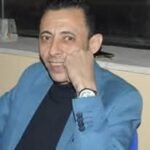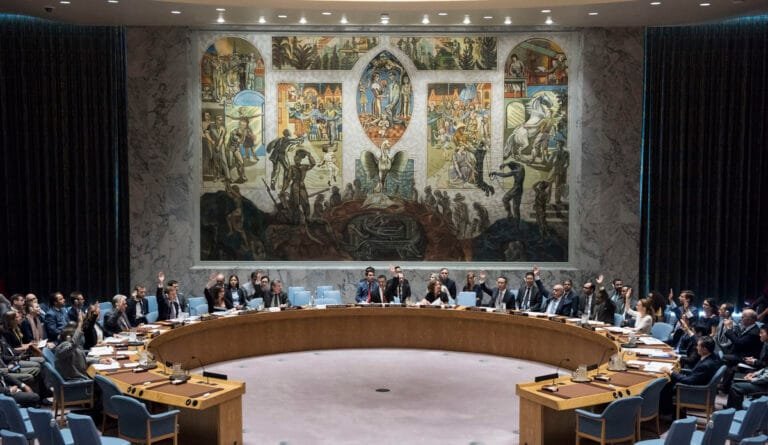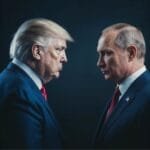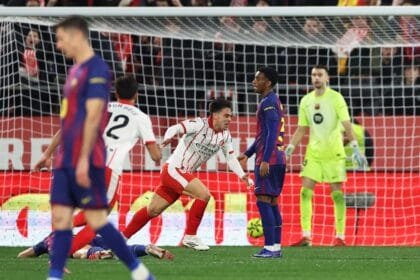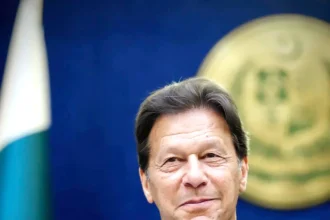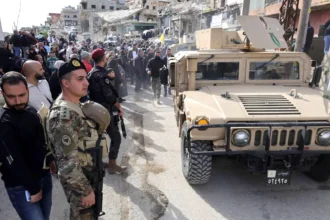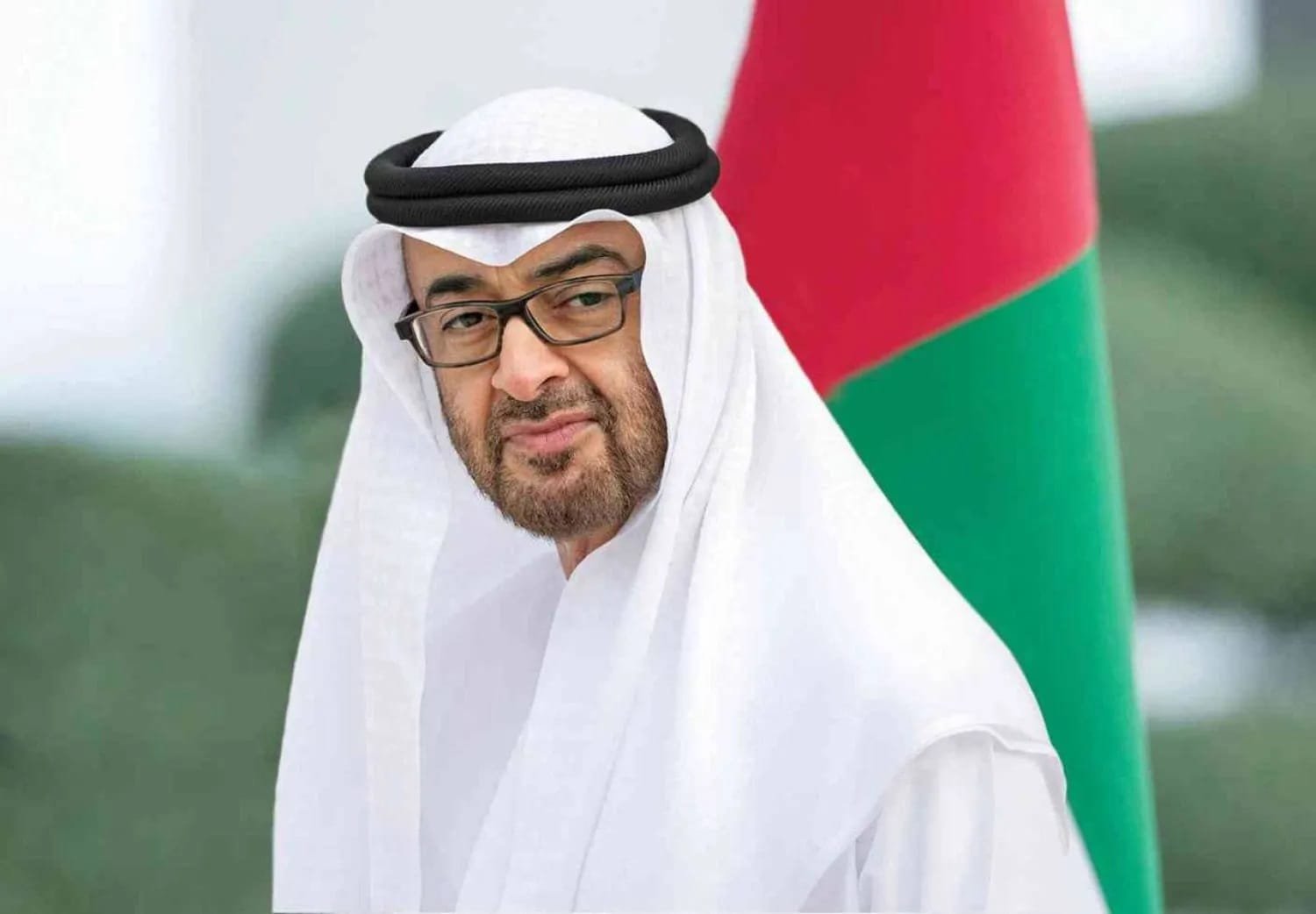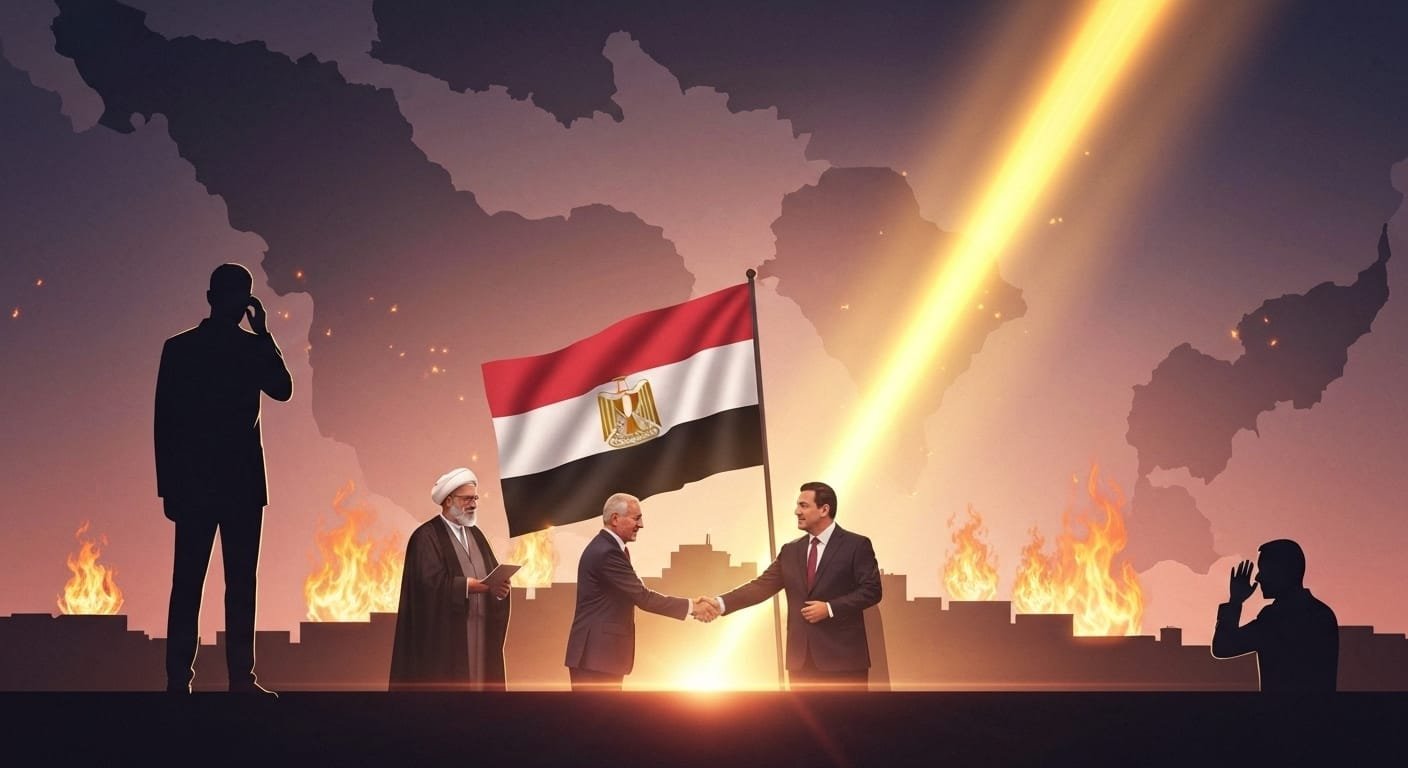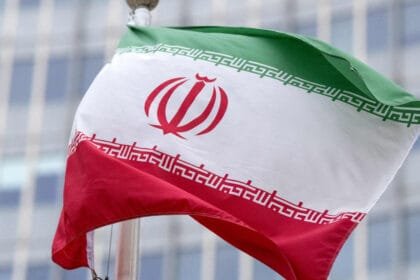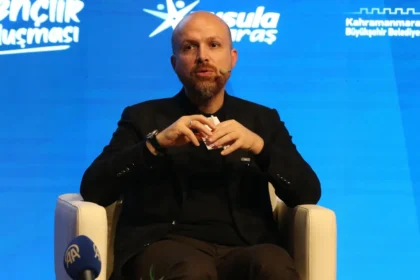Cairo, Egypt – The eyes of world capitals are on the Security Council in New York this month. This is because the Russian Federation assumes the presidency of the Council for the month of October. It comes at a highly sensitive time marked by escalating international tensions. These tensions range from the war in Ukraine to the Palestinian issue. They also include the crises in Libya, Sudan, and Yemen.
The Security Council, which has adopted its work program for this month, will be a new testing ground for Russian diplomacy. Through its presidency, Russia seeks to impose a “multipolar” agenda. Moreover, it aims to reshape the UN discourse to serve its vision of a new, more balanced international order.
Two major events signed by Lavrov:
Russia has nominated two major events this month:
The first is an open session marking the 80th anniversary of the United Nations, under the theme “Looking to the Future.” This title is not without political symbolism. Moscow seeks to remind the world that it is one of the founders of the international system. It asserts that it is capable of leading it toward a “more just order,” as it puts it.
Second, elevating the discussion of the Middle East, including the Palestinian issue, to the ministerial level. Russian Foreign Minister Sergey Lavrov will chair the session himself. This sends a clear message. Moscow is determined to restore its presence on the Palestinian issue. Perhaps it is even competing with the traditional American role in this regard.
Middle East files on the table:
The Security Council’s October agenda is packed with hot topics:
Libya: A vote is scheduled to renew the mandate of the UN mission before its expiration on October 31. This comes amid disagreements over the role of external powers in the Libyan conflict.
Yemen: A closed-door briefing by UN Special Envoy Hans Grundberg, amid signs of a political stalemate and the ongoing humanitarian crisis.
Lebanon and Syria: Closed discussions on UN reports on the withdrawal of foreign forces and the extension of Lebanese state control. There will also be a special briefing on the humanitarian and political situation in Syria.
Sudan: A special session, requested by several European countries, will review the deteriorating humanitarian and political situation amid the ongoing civil war.
Russia and Africa: A Deepening Partnership
The month’s program also includes an annual joint meeting of the Security Council and the African Union Peace and Security Council. This year, it will be held in Addis Ababa, a matter of great importance to Moscow. It comes as part of its efforts to strengthen its influence on the African continent. This follows its prominent presence at the recent Russia-Africa Summit.
Russian signals and messages to the world
Observers view Russia’s presidency this month as a diplomatic opportunity to demonstrate its ability to manage the international system despite its Western isolation. Through the UN meetings, Lavrov will attempt to send clear political messages:
The first is to remind the United States and the West that Moscow is still a major player that cannot be ignored.
The second is to the Global South and developing countries that Russia stands with them in the face of “Western hegemony.”
Scene summary
From New York to Addis Ababa, from the Middle East to the Black Sea, October promises to be a month filled with complex issues and diplomatic confrontations. Moscow is using its Security Council presidency as a platform to reshuffle its cards on the international stage. It aims to redefine the role of the United Nations in a turbulent world.





